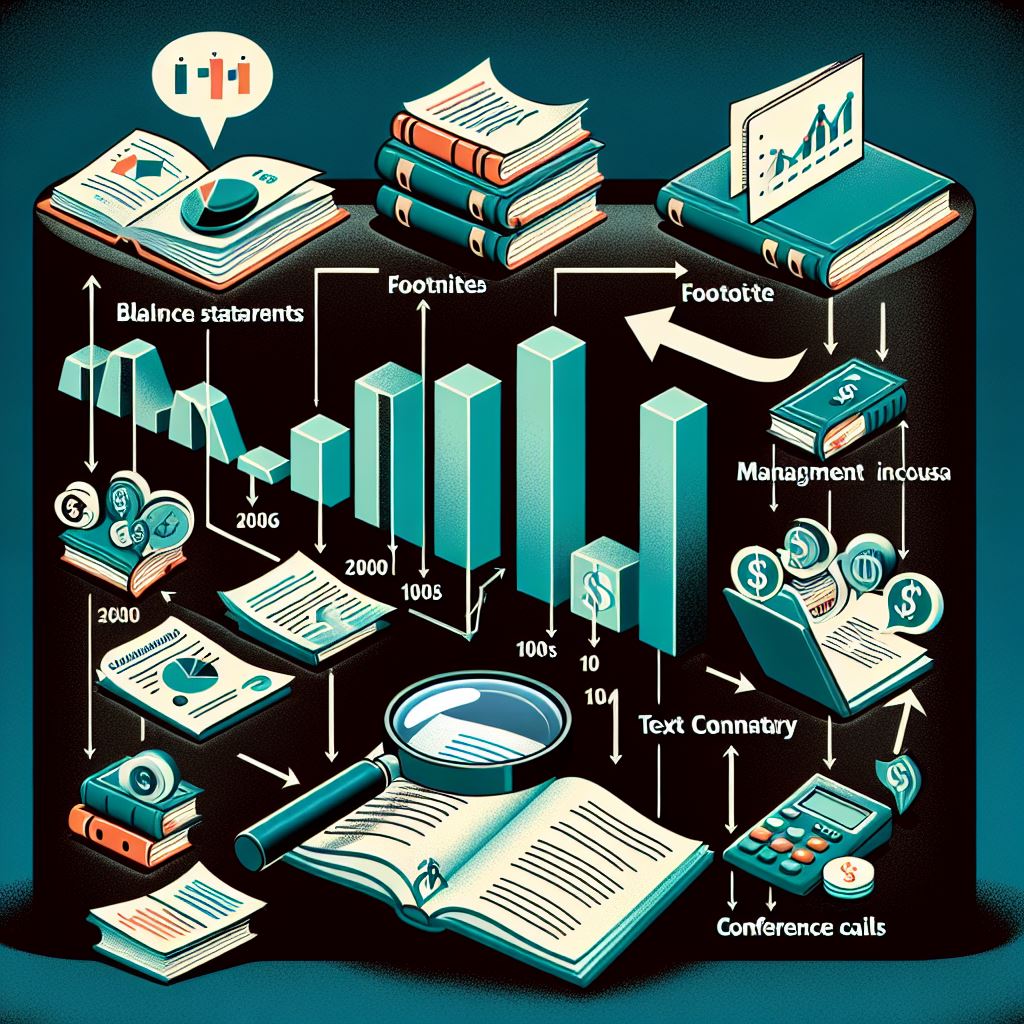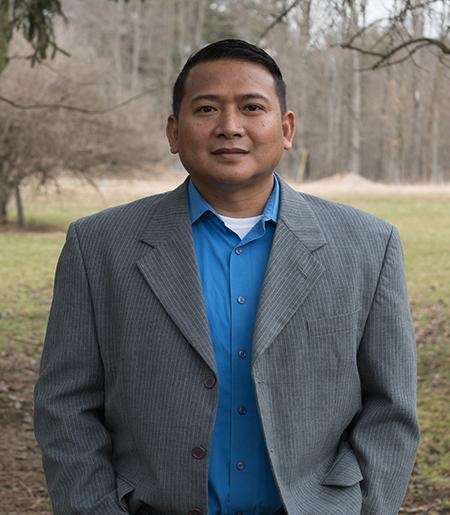About
The Cornell Phonetics Lab is a group of students and faculty who are curious about speech. We study patterns in speech — in both movement and sound. We do a variety research — experiments, fieldwork, and corpus studies. We test theories and build models of the mechanisms that create patterns. Learn more about our Research. See below for information on our events and our facilities.

Upcoming Events

13th November 2024 12:20 PM
PhonDAWG - Phonetics Lab Data Analysis Working Group
Jennifer will present her summer fieldwork data.
Location: B11 Morrill Hall, 159 Central Avenue, Morrill Hall, Ithaca, NY 14853-4701, USA
15th November 2024 11:15 AM
Computational PsychoLinguistics Lecture: Analyzing Narratives in Accounting: Linguistic Analysis as a Lens for Financial Insights.
Michael will present his ongoing work in a talk titled:
Analyzing Narratives in Accounting: Linguistic Analysis as a Lens for Financial Insights.
Abstract:
Accounting fundamentally revolves around corporate communication with investors. While investors need quantitative data such as earnings and sales figures, these numbers do not stand alone without narratives and context. To explain and facilitate investors' understanding, accounting information inevitably incorporates extensive textual content. Annual reports (10-K) are lengthy documents averaging 42,000 words. Conference calls—where CEOs communicate with financial analysts—last over an hour and occur four times a year, supplemented by frequent press releases. Nowadays, many CEOs also maintain their own Twitter accounts to disclose corporate information directly, and the media frequently covers firms' activities. Consequently, companies and related intermediaries produce a vast amount of textual information.
Traditionally, accounting has focused on quantitative financial data presented in balance sheets and income statements, partly because there were no tools to analyze the extensive texts. However, since the late 2000s—particularly following Li’s influential study in 2008—the integration of linguistic theories and computational methods has shifted attention toward narrative disclosures, such as footnotes, management commentary, and conference calls, thus opening a "black box" for accounting researchers. These narratives are now recognized as critical sources of information that provide insights beyond numerical figures.
Drawing on influential accounting studies, this session will examine how narrative elements shape investor perceptions and affect market behaviors, as well as how firms strategically use language to obfuscate. By exploring how linguistic theories and tools enhance understanding in accounting, this session introduces the role of these theories and tools in an applied domain—accounting.
Location: B07 Morrill Hall, 159 Central Avenue, Morrill Hall, Ithaca, NY 14853-4701, USA
18th November 2024 12:20 PM
Phonetics Lab Meeting
Nielson will give a practice talk on his Cornell Gatty Lecture Series talk: Implosives in Khmer: Acoustics Analysis and Phonetics Implications.
Abstract:
Implosives are a class of consonants characterized by their unique articulation and acoustic properties. Despite their linguistic significance, their detailed analysis in Khmer, a language with a notable presence of these sounds, remains underexplored.
This study aims to fill this gap by providing a comprehensive analysis of implosive consonants in Khmer. The primary objective of this research is to analyze the acoustic properties of implosives in Khmer and to understand how these properties compare to those of other consonant types within the language. We also aim to explore how implosives interact with other phonetic variables.
Acoustic data were collected from native Khmer speakers in Phnom Penh, Cambodia; Long Beach, California; and Seattle, Washington focusing on implosive consonants in various phonetic contexts. Using advanced acoustic analysis techniques, including spectral and temporal measurements, I examined the characteristics of implosives.
The analysis revealed distinct acoustic signatures for Khmer implosives, including specific patterns in spectral frequency and temporal duration. Significant variations were observed based on phonetic context, with differences in implosive characteristics across word positions and speaking rates.
These findings highlight the complexity of implosive articulation in Standard Khmer and its interaction with other phonetic features as well as that of the American diasporic varieties of Khmer. This research provides new insights into the acoustic properties of implosives in Khmer, contributing to a deeper understanding of their role in the language's phonetic inventory.
The findings have implications for both theoretical phonetics and practical applications, such as speech synthesis and language teaching.
About the Speaker:
Nielson Sophann Hul was born in Cambodia during the Khmer Rouge period and escaped to the United States of America when he was very young. After High School, he joined the U.S. Army and deployed during OIF/OEF as a Combat Medic.
During his breaks in service, Nielson graduated from UCLA with a BA in English Literature and the University of Hawai’i at Mānoa with an MA in Linguistics. He is currently working toward his PhD in Linguistics at Cornell and is interested in the acoustic phonetics of laryngeal sounds in Khmer.
About the Gatty Lecture Series:
The Ronald and Janette Gatty Lecture Series (formerly known as the Brown Bags) is a weekly lecture series featuring advanced SEAP graduate students as well as academics, diplomats, researchers, and others who have expertise in Southeast Asia.
Location: B11 Morrill Hall, 159 Central Avenue, Morrill Hall, Ithaca, NY 14853-4701, USA
20th November 2024 12:20 PM
PhonDAWG - Phonetics Lab Data Analysis Working Group
John Starr will give a practice talk for his AMLaP (Architectures and Mechanisms for Language Processing) presentation.
Location: B11 Morrill Hall, 159 Central Avenue, Morrill Hall, Ithaca, NY 14853-4701, USA
Facilities
The Cornell Phonetics Laboratory (CPL) provides an integrated environment for the experimental study of speech and language, including its production, perception, and acquisition.
Located in Morrill Hall, the laboratory consists of six adjacent rooms and covers about 1,600 square feet. Its facilities include a variety of hardware and software for analyzing and editing speech, for running experiments, for synthesizing speech, and for developing and testing phonetic, phonological, and psycholinguistic models.
Web-Based Phonetics and Phonology Experiments with LabVanced
The Phonetics Lab licenses the LabVanced software for designing and conducting web-based experiments.
Labvanced has particular value for phonetics and phonology experiments because of its:
- *Flexible audio/video recording capabilities and online eye-tracking.
- *Presentation of any kind of stimuli, including audio and video
- *Highly accurate response time measurement
- *Researchers can interactively build experiments with LabVanced's graphical task builder, without having to write any code.
Students and Faculty are currently using LabVanced to design web experiments involving eye-tracking, audio recording, and perception studies.
Subjects are recruited via several online systems:
- * Prolific and Amazon Mechanical Turk - subjects for web-based experiments.
- * Sona Systems - Cornell subjects for for LabVanced experiments conducted in the Phonetics Lab's Sound Booth

Computing Resources
The Phonetics Lab maintains two Linux servers that are located in the Rhodes Hall server farm:
- Lingual - This Ubuntu Linux web server hosts the Phonetics Lab Drupal websites, along with a number of event and faculty/grad student HTML/CSS websites.
- Uvular - This Ubuntu Linux dual-processor, 24-core, two GPU server is the computational workhorse for the Phonetics lab, and is primarily used for deep-learning projects.
In addition to the Phonetics Lab servers, students can request access to additional computing resources of the Computational Linguistics lab:
- *Badjak - a Linux GPU-based compute server with eight NVIDIA GeForce RTX 2080Ti GPUs
- *Compute server #2 - a Linux GPU-based compute server with eight NVIDIA A5000 GPUs
- *Oelek - a Linux NFS storage server that supports Badjak.
These servers, in turn, are nodes in the G2 Computing Cluster, which currently consists of 195 servers (82 CPU-only servers and 113 GPU servers) consisting of ~7400 CPU cores and 698 GPUs.
The G2 Cluster uses the SLURM Workload Manager for submitting batch jobs that can run on any available server or GPU on any cluster node.
Articulate Instruments - Micro Speech Research Ultrasound System
We use this Articulate Instruments Micro Speech Research Ultrasound System to investigate how fine-grained variation in speech articulation connects to phonological structure.
The ultrasound system is portable and non-invasive, making it ideal for collecting articulatory data in the field.

BIOPAC MP-160 System
The Sound Booth Laboratory has a BIOPAC MP-160 system for physiological data collection. This system supports two BIOPAC Respiratory Effort Transducers and their associated interface modules.

Language Corpora
- The Cornell Linguistics Department has more than 915 language corpora from the Linguistic Data Consortium (LDC), consisting of high-quality text, audio, and video corpora in more than 60 languages. In addition, we receive three to four new language corpora per month under an LDC license maintained by the Cornell Library.
- This Linguistic Department web page lists all our holdings, as well as our licensed non-LDC corpora.
- These and other corpora are available to Cornell students, staff, faculty, post-docs, and visiting scholars for research in the broad area of "natural language processing", which of course includes all ongoing Phonetics Lab research activities.
- This Confluence wiki page - only available to Cornell faculty & students - outlines the corpora access procedures for faculty supervised research.

Speech Aerodynamics
Studies of the aerodynamics of speech production are conducted with our Glottal Enterprises oral and nasal airflow and pressure transducers.

Electroglottography
We use a Glottal Enterprises EG-2 electroglottograph for noninvasive measurement of vocal fold vibration.

Real-time vocal tract MRI
Our lab is part of the Cornell Speech Imaging Group (SIG), a cross-disciplinary team of researchers using real-time magnetic resonance imaging to study the dynamics of speech articulation.

Articulatory movement tracking
We use the Northern Digital Inc. Wave motion-capture system to study speech articulatory patterns and motor control.
Sound Booth
Our isolated sound recording booth serves a range of purposes--from basic recording to perceptual, psycholinguistic, and ultrasonic experimentation.
We also have the necessary software and audio interfaces to perform low latency real-time auditory feedback experiments via MATLAB and Audapter.

